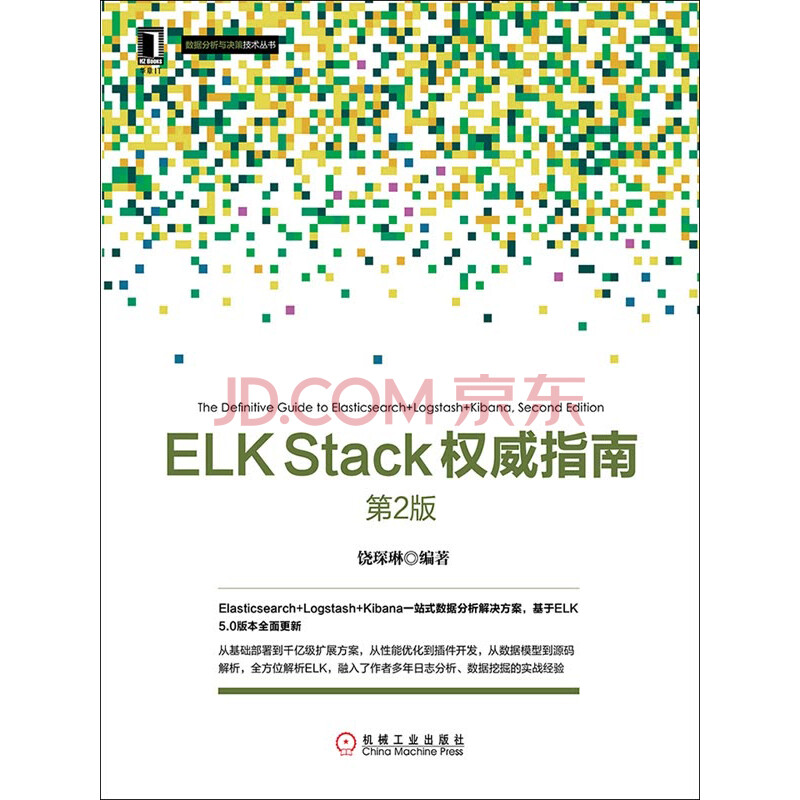【Message::Passing系列】ElasticSearch的bulk_index速度测试
16 September 2012
连续尝试了logstash的elasticsearch/elasticsearch_http/elasticsearch_river三个putput模块,发现其index/bulk/river三种插入方式的实际运行效果速度居然没有差异。而使用perl脚本测试,单例下index不到300msg/sec,bulk接近2500msg/sec,几乎翻了10倍。
测试脚本如下:
#!/usr/bin/perl -w
use ElasticSearch;
use JSON;
use Time::HiRes qw/time/;
use Data::Dumper;
#curl -XGET 'http://localhost:9200/logstash-2012.09.14/nginx/_mapping'
my $line = '{
"@timestamp" : "2012-09-04T13:38:59.496888Z",
"@tags" : [],
"@fields" : {
"reqtime" : [
0.016
],
"req" : [
"/fmn056/20120812/1645/tiny_r3N9_236f000036ad118d.jpg"
],
"version" : [
"1.1"
],
"useragent" : [
"\"Mozilla/4.0 (compatible; MSIE 6.0; Windows NT 5.1; SV1)\""
],
"port" : [
"80"
],
"size" : [
2360
],
"client" : [
"210.56.223.176"
],
"upstream" : [
"10.9.18.50"
],
"method" : [
"GET"
],
"referer" : [
"photo.renren.com",
"/photo/420723228/photo-6408408309?psource=3&fromVIP=false"
],
"ZONE" : [
"+0800"
],
"code" : [
200
],
"upstime" : [
0.016
]
},
"@source_path" : "//data/nginx/logs/access.log",
"@source" : "file://DBLYD5-32.opi.com//data/nginx/logs/access.log",
"@message" : "[04/Sep/2012:21:38:59 +0800] 200 210.56.223.176 fmn.rrimg.com GET /fmn056/20120812/1645/tiny_r3N9_236f000036ad118d.jpg HTTP/1.1 10.9.18.50:80 0.016 0.016 2360 \"http://photo.renren.com/photo/420723228/photo-6408408309?psource=3&fromVIP=false\" \"Mozilla/4.0 (compatible; MSIE 6.0; Windows NT 5.1; SV1)\" \"-\"",
"@source_host" : "DBLYD5-32.opi.com",
"@type" : "nginx"
}';
my $hash = from_json($line);
my $elsearch = ElasticSearch->new(
servers => '10.4.16.68:9200',
transport => 'httplite',
max_requests => 10000,
);
my $begin = time;
for ( 1 .. 1000 ) {
my @data;
push @data, { index => { data => $hash } } for 1 .. 20;
$elsearch->bulk(
index => 'logstash-test',
type => 'nginx',
actions => \@data
);
}
print 1000 * 20 / (time - $begin);
注意到这里bulk的数组是20个元素。实验证明超过20个会报出HTTP::Lite的错误(附带提示:ElasticSearch::Transport::*的HTTPLite啊AEHTTP啊的模块都是要另外安装的)。而且在使用Logstash::Outputs::ElasticSearchHTTP时,flush_size的default值100也是无法使用的,也是改到20后才行。
ps: 不知道为什么一起发github显示不了,只好拆开了,第一篇,关于ES的index速度测试。



